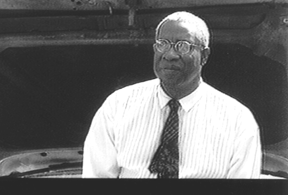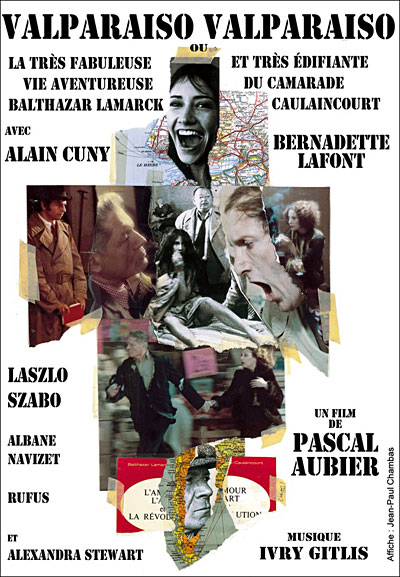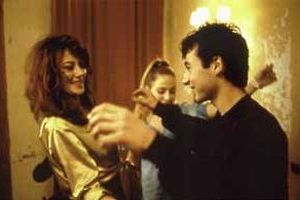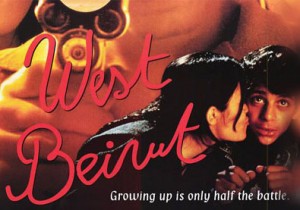Even though the following review for the Chicago Reader, originally published on March 27, 1998, is fairly mixed, it seems worth reviving as a reminder of how neglected significant portions of Charles Burnett’s work continue to be. I certainly wouldn’t mind seeing The Final Insult again and reconsidering it. (James Naremore gives it a thoughtful treatment in his excellent recent book on Burnett.)
It’s worth noting that When it Rains is now happily available on DVD, along with Killer of Sheep and My Brother’s Wedding, even though one has to look for it (its placement isn’t made clear on the jacket), on the two-disc set of Killer of Sheep, which also includes two separate versions of My Brother’s Wedding. —J.R.

The Final Insult
** Worth seeing
Directed by Charles Burnett
With Ayuko Babu and Charles Bracy.
By Jonathan Rosenbaum
Given the difficulties he had in the 70s and 80s getting his films made and seen, Charles Burnett [see photo at end of article] seemed in danger of becoming the Carl Dreyer of the black independent cinema—the consummate master who makes a film a decade, known only to a small band of film lovers. Seven years passed between Killer of Sheep (1977) and My Brother’s Wedding (1984), and then another six before To Sleep With Anger (1990), which tried and failed to make a dent in the mainstream, as did The Glass Shield (1994). Read more
From the August 14, 1998 Chicago Reader.
The Son of Gascogne
Rating *** A must see
Directed by Pascal Aubier
Written by Patrick Modiano and Aubier
With Grégoire Colin, Dinara Droukarova, Jean-Claude Dreyfus, Laszlo Szabo, Pascal Bonitzer, Otar Iosseliani, Alexandra Stewart, and Jean-Claude Brialy.

It’s been a full quarter of a century, but I still harbor fond memories of a low-budget French comedy called Valparaiso Valparaiso, a first feature starring Alain Cuny and Bernadette Lafont that I saw at Cannes in 1973. A lighthearted satire about the myopia of romantic French revolutionaries, it details an elaborate hoax perpetrated on a befuddled leftist — a character so absorbed in the glory of departing for Chile to fight the good fight as a special agent that he doesn’t even notice the political struggle going on around him on the French docks when he leaves.
The film was so marginal that two years passed between its completion and its modest premiere at the Director’s Fortnight at Cannes, and you won’t find it mentioned in any of the standard reference books. No, I take that back: Jean-Michel Frodon gives it a third of a sentence in his over-900-page L’Age moderne du Cinéma Français de la Nouvelle Vague à nos jours (1995), linking it with two other films of the early 70s inspired by the French Communist Party and critical of leftists. Read more
From the November 1, 1999 Chicago Reader. — J.R.

Quentin Tarantino’s cameraman, Lebanese filmmaker Ziad Doueiri, wrote and directed this autobiographical first feature (1998) about his early teens in Beirut — set in 1975, during the onset of the country’s civil war — and cast his younger brother Rami as himself. In fact, Doueiri scores with every member of his wonderful cast, which consists of nonprofessionals in the child roles and seasoned veterans playing the grown-ups. This is one of the best coming-of-age movies I’ve seen, largely because the characters are so full-bodied and believable without falling into predictable patterns. The excellent score is by Stewart Copeland. In French and Arabic with subtitles. 105 min. (JR)

Read more




